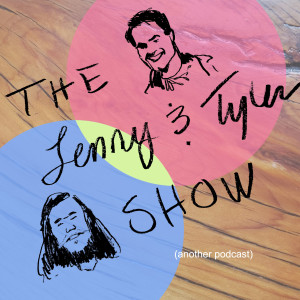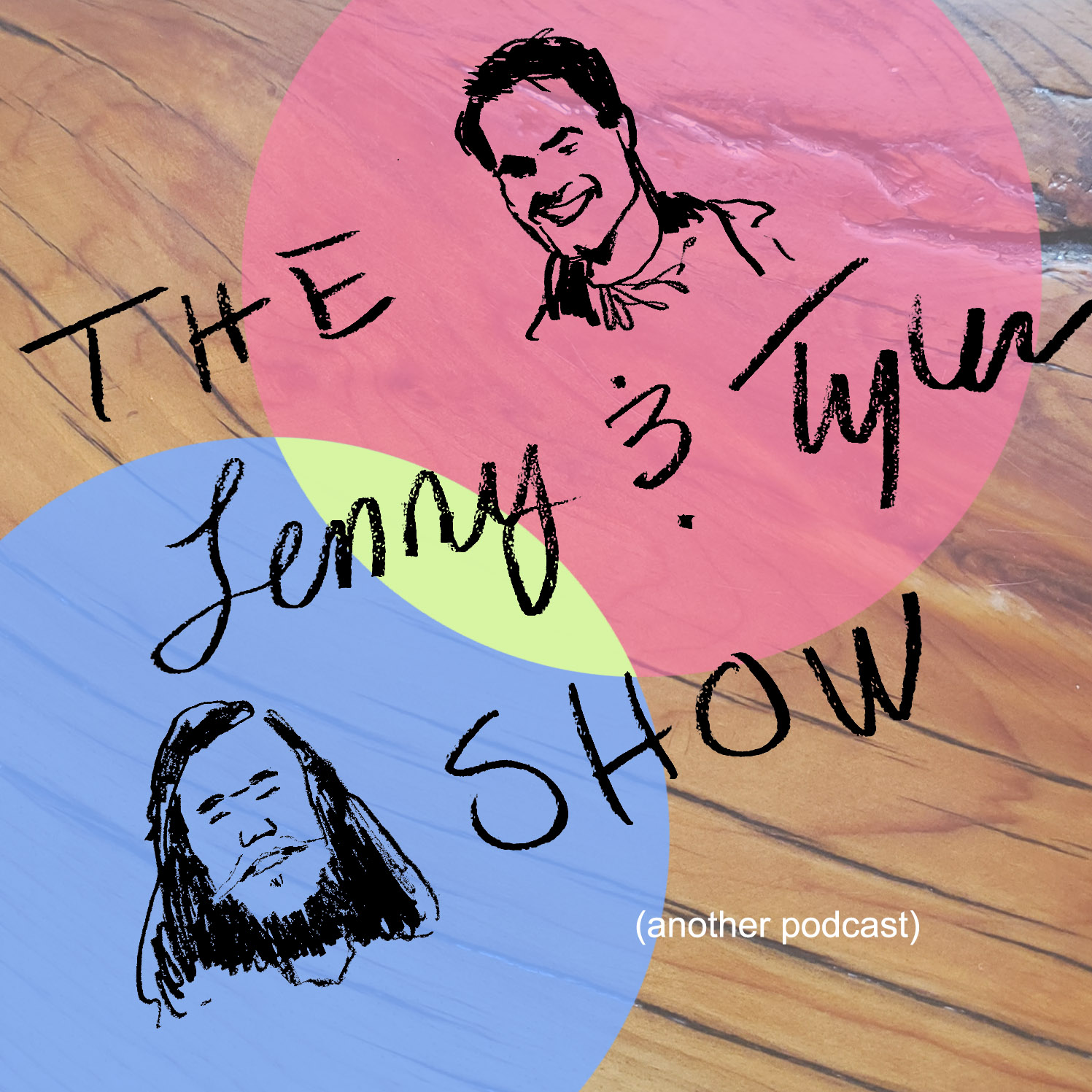Episodes

Monday Oct 16, 2023
Releases, Loss of Ego Ideal, and the Summons of Love
Monday Oct 16, 2023
Monday Oct 16, 2023
Ideal Ego: who we desire to become (curated Instagram image of self)
Ego Ideal: that for whom we wish to become our Ideal Ego (the person whose ‘like’ or ‘view’ on Instagram matters most, however the Ego Ideal can also be broader and more vague than one person. It can be rooted in what a given society deems important or the values of one’s family. For me, “The Murphy Way” can function as an Ego Ideal.)
When we are released from a "givens" I believe this has occurred because of an intrusion from the real and that this intrusion forces us to reconsider the goodness or validity or substantiality of our Ego Ideal — the object cause of our desire. Losing the object cause of desire can lead to existential anxiety, nihilism, a sense of being unmoored and that we don’t belong anywhere, and depression. If having an Ego Ideal — an other in whose goodness you trust and whose goodness and pleasure you seek to invoke — is necessary for human flourishing, then how do we conciously and wisely choose an ego ideal that will not let us down like the last one did? Is it even possible to conciously choose our Ego Ideal? I kind of don’t think so. Instead I think that the kind of Ego Ideal that won’t break our hearts is the kind that chooses us.
Mari Ruti often emphasizes the idea that as we live life we will find that we are at times summoned by people, places, events, areas of study and any number of various activities and that as we remain faithful to the things we feel compelled to follow — as we heed the summons eminating from certain objects we will find a peculiar kind of freedom. It’s in a sense a paradoxical freedom, because it’s as if we have no say in the matter. Here I stand. I can do no other.
Todd McGowan makes a similar point in a talk entitled Capitalist Subjectivity and Unconcious Freedom:
"The unconcious acts freely prior to the intrusion of conciousness which is always kind of lagging behind and so concious will is never free in the way the unconcious is, but if we're unconciously free this means that freedom is also radically opposed to free will. So whenever anybody says to me, "Do you believe in free will?" I say, "No, but I believe in freedom."
And,
"The most that conciousness can do in the face of our unconcious freedom is to acknowledge its priority and identify the unconcious act as an expression of the subject's desire."
In other words, freedom is concious only in so far as it cosigns the check its unconcious already wrote. And in my experience this feels quite true. Never am I more alive, more guilt free, than when I have remained faithful to the singularity of my desire. I am most myself when I have followed what I know in my heart I have to do even when such a stance is indefensible to others and even to my concious, rational self.
Isn’t remaining faithful to one’s singular desire just hedonism? This is a very difficult question, but ultimately I don’t think it is. Let me see if I can argue for why it isn’t ultimately hedonistic …
Throughout McGowan’s work he argues that we achieve unconcious satisfaction through sacrifice. When we over eat or drink excessively or even workout excessively to the point of injury we sacrifice our future health. There is an undeniable satisfaction in creating problems for ourselves. Life is always at least psychically more interesting, though usually more painful, when it’s imploding. Racking up debt, procrastinating what you really shouldn’t procrastinate, making oneself more machine than man, hitting the “self destruct” button on a relationship by saying the one thing that would cause it to all fall apart — these are all various ways we get unconcious satisfaction. What’s common to all these scenarios is that we in some way are sacrificing what would be our own good. In the same way, remaining faithful to the summons of love sacrifices one’s own good. Often the summons of love calls us to act a fool or destroy our symbolic identities. As Zizek says, “Love is a catastrophe!” It’s not hedonistic because it sacrifices one’s own good.
So what have we learned? I’d argue that a 'release' occurs when an Ego Ideal is revealed as insubstantial. But without an Ego Ideal we are prone to nihilism and depression. Painful though these moments are, confrontation with this negativity is the necessary condition to experience something like a summons in which a new sort of Ego Ideal begins to emerge.
Version: 20241125


No comments yet. Be the first to say something!